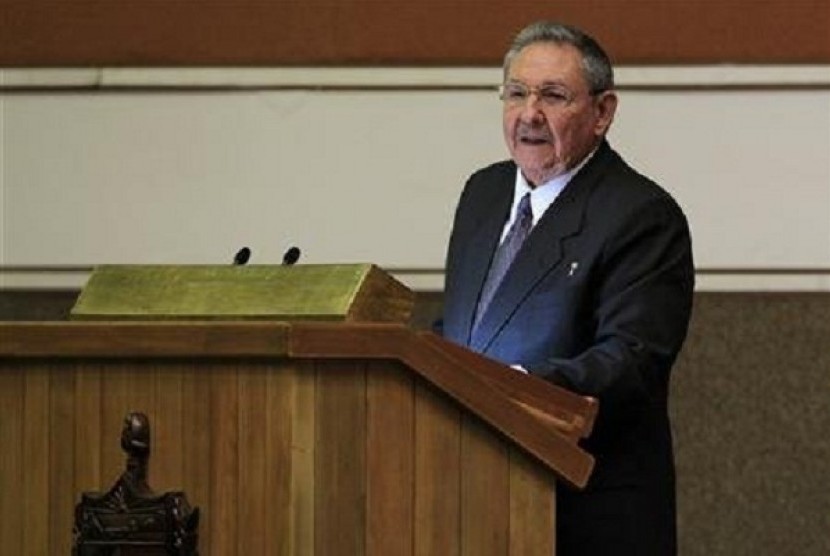REPUBLIKA.CO.ID, HAVANA -- Cuba and the European Union sat down at the negotiating table Tuesday aiming at deals on political dialogue and economic cooperation.
The Americas' only one-party, communist-ruled state is the lone country in Latin America that has no political dialogue with the EU. It was suspended in 2003 after Havana rounded up and jailed 75 dissidents.
The Cuban side, led by deputy foreign minister Abelardo Moreno, was meeting in Havana with Christian Leffler, the top EU diplomat for the Americas.
Reaching a deal that leads to Havana getting any EU financial help would be rare good news for Cuba: its Soviet-style, top-down government-run economy is in constant crisis and does not have access to traditional sources of funding.
Cuba's top economic partner is its political ally Venezuela, which provides it billions of dollars every year, in great measure keeping the regime afloat.
But Cuba remains cash-strapped and purchases much of what it needs in hard currency on international markets. It has been unable to produce food efficiently, for example, for its 11 million people.
Since the end of the Cold War, Cuba has faced one economic challenge after another but has refused to open its markets to the world. It considers western capitalism abusive and detrimental to socialist society.
Havana does allow limited foreign investment when the government remains in control and Cuba can certify that its socialist policies and centralized management are not undermined.
One key example -- tourism, where some Spanish companies invest in hotels and resorts in partnerships with state and military partners.
Cuba also has refused to allow a multi-party political system and all media are government run. President Raul Castro's government is routinely criticized by international rights groups for not allowing free assembly, free expression and other basic human rights.


